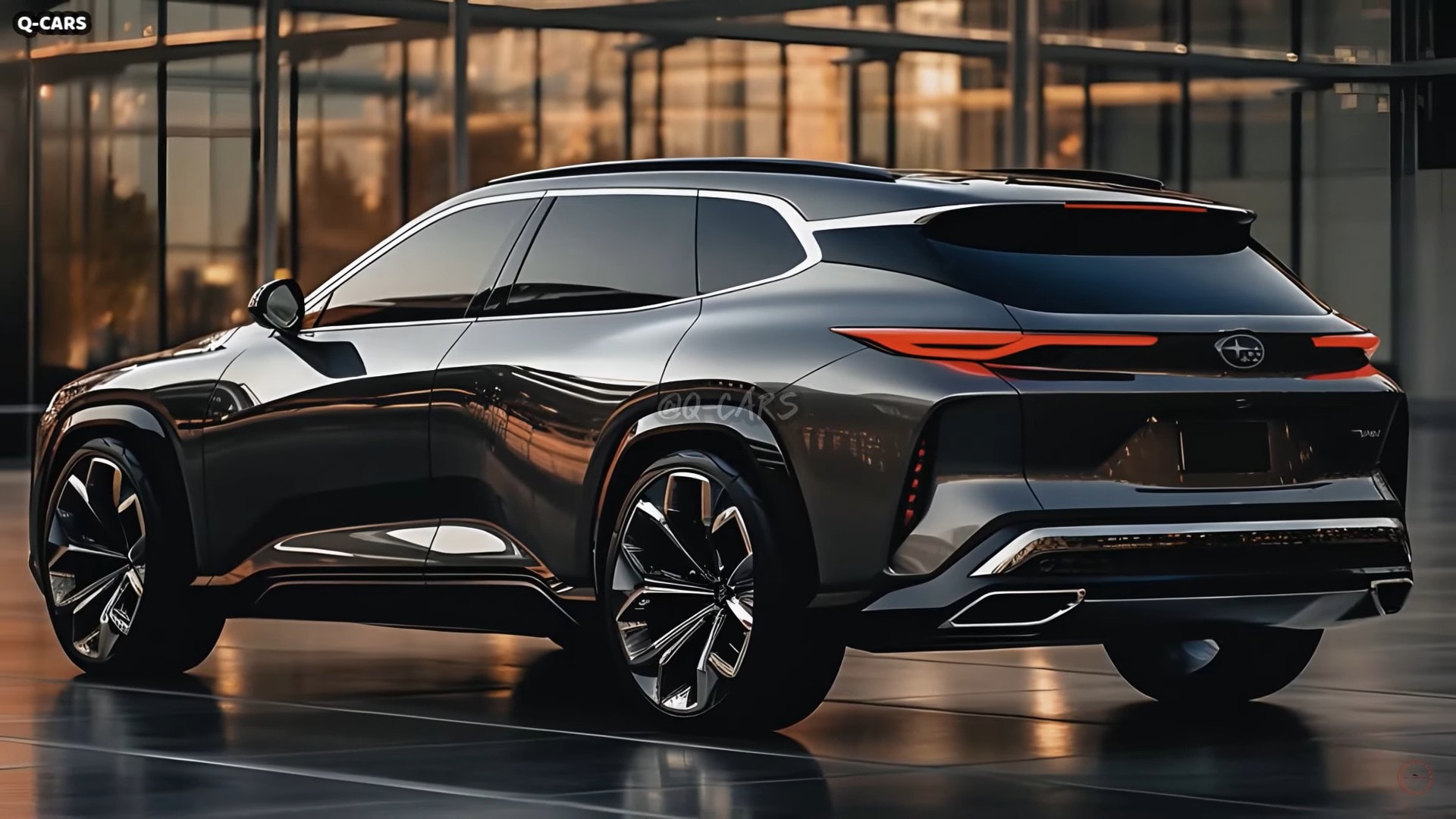The Hybrid Revolution: A Look at the Automotive Landscape in 2025
Related Articles: The Hybrid Revolution: A Look at the Automotive Landscape in 2025
Introduction
With great pleasure, we will explore the intriguing topic related to The Hybrid Revolution: A Look at the Automotive Landscape in 2025. Let’s weave interesting information and offer fresh perspectives to the readers.
Table of Content
The Hybrid Revolution: A Look at the Automotive Landscape in 2025

The automotive industry is in the midst of a dramatic transformation, with hybrid vehicles playing a pivotal role in shaping the future of transportation. While the focus on fully electric vehicles (EVs) is undeniable, hybrid technology continues to evolve and offer compelling solutions for drivers seeking fuel efficiency, performance, and reduced emissions.
The Evolution of Hybrid Technology
Hybrid vehicles have come a long way since their inception. Early hybrids relied primarily on gasoline engines for power, with electric motors providing supplemental assistance for acceleration and braking. This technology, known as "mild hybrid," significantly improved fuel economy but lacked the range and performance capabilities of fully electric vehicles.
However, advancements in battery technology, electric motor design, and powertrain management have paved the way for more sophisticated hybrid systems. These advancements have led to the development of:
- Strong Hybrids: These systems offer greater electric power assistance, allowing for extended periods of all-electric driving, particularly in urban environments. Regenerative braking systems effectively capture energy during deceleration, further enhancing efficiency.
- Plug-in Hybrids (PHEVs): PHEVs combine the benefits of both gasoline and electric power, enabling drivers to recharge their batteries from an external power source. This allows for extended all-electric range, reducing reliance on gasoline and minimizing emissions for daily commutes.
- Parallel Hybrids: In this configuration, the gasoline engine and electric motor work independently or together to power the vehicle. This allows for seamless transitions between power sources, optimizing performance and fuel efficiency.
- Series Hybrids: This system utilizes the gasoline engine solely to generate electricity, which then powers the electric motor. This design prioritizes fuel efficiency and offers a smoother, quieter driving experience.
Hybrids in 2025: A Glimpse into the Future
By 2025, the hybrid vehicle landscape will be significantly more diverse and advanced. Here are some key trends shaping the future of hybrid technology:
- Increased Electric Range: PHEVs will offer extended all-electric range, enabling drivers to complete their daily commutes without using any gasoline. This will further reduce emissions and fuel costs.
- Improved Performance: Hybrid powertrains will be increasingly capable of delivering powerful acceleration and responsive handling, challenging the performance capabilities of traditional gasoline-powered vehicles.
- Enhanced Efficiency: Advancements in battery technology and powertrain management will further optimize fuel economy, pushing the boundaries of efficiency for hybrid vehicles.
- Greater Accessibility: Hybrid vehicles will become more affordable and accessible to a wider range of consumers, making sustainable transportation a viable option for a greater segment of the population.
Beyond the Basics: Examining the Impact of Hybrid Technology
The rise of hybrid vehicles holds significant implications for the automotive industry, the environment, and society as a whole:
- Reducing Greenhouse Gas Emissions: Hybrid vehicles significantly reduce greenhouse gas emissions compared to traditional gasoline-powered vehicles, contributing to cleaner air and a healthier planet.
- Fuel Efficiency and Cost Savings: Hybrids offer substantial fuel savings, reducing the financial burden of transportation and contributing to energy independence.
- Innovation and Technological Advancements: The development of hybrid technology drives innovation and technological advancements in areas like battery technology, electric motors, and powertrain management.
- Shifting Consumer Preferences: Hybrid vehicles are increasingly appealing to environmentally conscious consumers who prioritize sustainability and efficiency.
Addressing Common Concerns about Hybrid Vehicles
While hybrid technology offers numerous benefits, some concerns and questions remain:
Q: How do hybrid vehicles compare to fully electric vehicles (EVs)?
A: Both hybrid and fully electric vehicles offer significant advantages in terms of fuel efficiency and emissions reduction. However, EVs provide a truly zero-emission driving experience, while hybrids still rely on gasoline engines for extended range. The choice between hybrid and EV depends on individual needs, driving habits, and infrastructure availability.
Q: What is the lifespan of hybrid batteries, and how much does replacement cost?
A: Hybrid batteries typically last for several years, with manufacturers offering warranties covering their performance. However, battery replacement costs can be significant, and it is essential to consider this factor when purchasing a hybrid vehicle.
Q: Are hybrid vehicles more expensive than traditional gasoline-powered vehicles?
A: The initial purchase price of hybrid vehicles may be higher than comparable gasoline-powered models. However, the long-term cost savings associated with fuel efficiency and reduced maintenance can offset this initial investment.
Q: What are the maintenance requirements for hybrid vehicles?
A: Hybrid vehicles require similar maintenance to gasoline-powered vehicles, with the addition of regular battery checks and inspections. However, the complexity of hybrid powertrains may necessitate specialized technicians for certain repairs.
Tips for Choosing the Right Hybrid Vehicle
When considering a hybrid vehicle, it is essential to evaluate your individual needs and preferences:
- Driving Habits: Consider your daily commute, typical driving distances, and access to charging infrastructure.
- Budget: Assess the initial purchase price and long-term cost savings associated with fuel efficiency and maintenance.
- Performance Expectations: Determine your desired level of performance, acceleration, and handling.
- Environmental Considerations: Evaluate the vehicle’s emissions and its contribution to reducing your carbon footprint.
Conclusion: The Future of Hybrid Vehicles
Hybrid technology is playing a crucial role in shaping the future of transportation. As technology continues to advance, hybrid vehicles will become even more efficient, powerful, and affordable, providing a compelling alternative to traditional gasoline-powered vehicles. By embracing hybrid technology, we can pave the way for a more sustainable and environmentally responsible automotive landscape.








Closure
Thus, we hope this article has provided valuable insights into The Hybrid Revolution: A Look at the Automotive Landscape in 2025. We thank you for taking the time to read this article. See you in our next article!